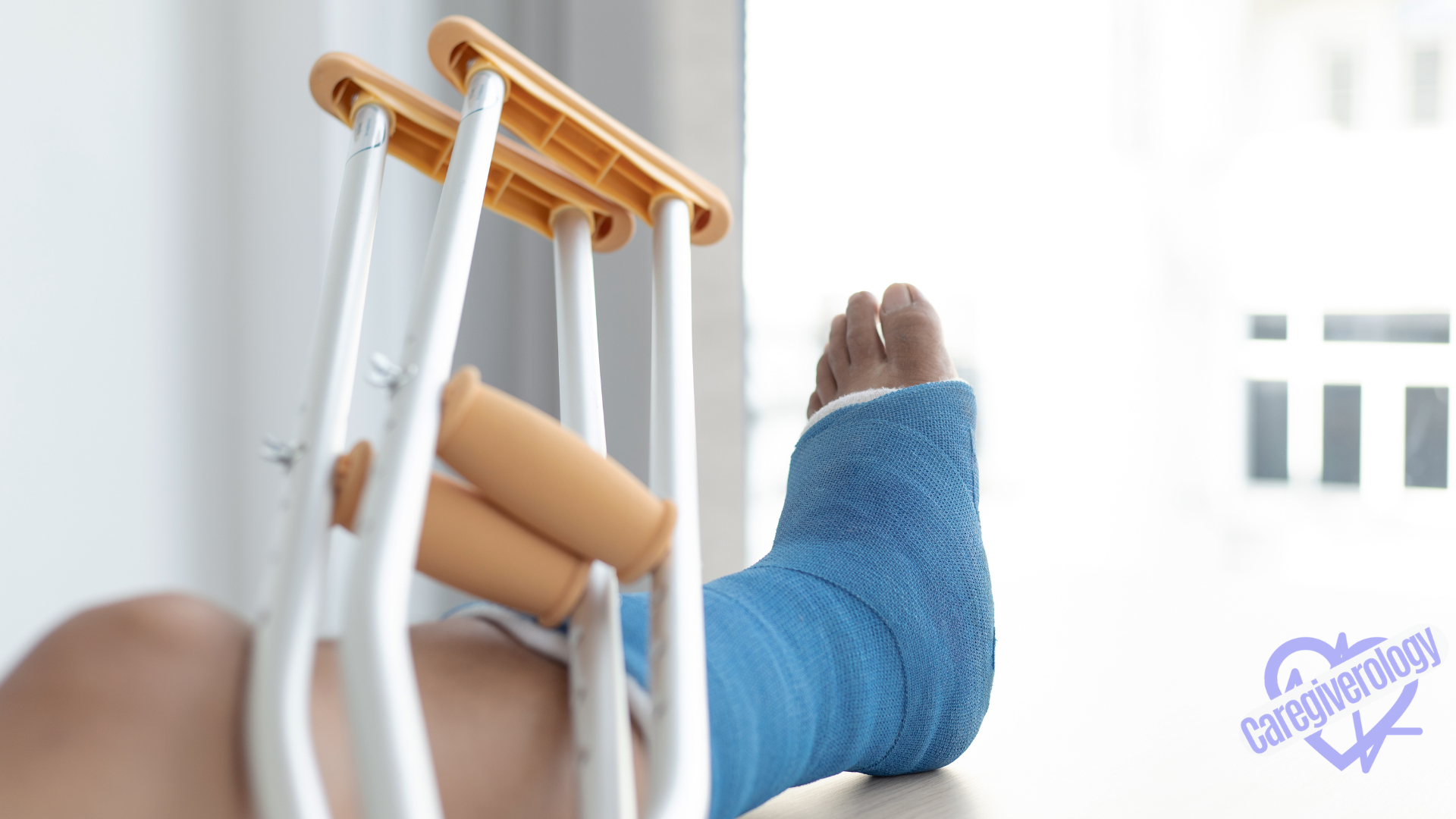Lifestyle Medicine Explained: Guiding You Back to Better Health

Did you know that 80% of chronic diseases—like heart disease, diabetes, and obesity—are preventable through lifestyle changes? Yet, many people rely solely on medication rather than addressing the root causes of their health issues. This is where lifestyle medicine comes in.
Lifestyle medicine is an evidence-based approach that focuses on six key pillars: physical activity, a whole-food, plant-predominant diet, stress management, quality sleep, strong social connections, and avoiding risky substances.
Unlike traditional medicine, which often manages symptoms, lifestyle medicine prevents, treats, and reverses chronic diseases through everyday habits.
What is Lifestyle Medicine?
Lifestyle medicine is a science-backed medical approach that prevents and treats chronic diseases by modifying daily behaviors. Instead of just prescribing pills, it emphasizes healthy lifestyle choices to address the root causes of illness.
The concept isn’t new—Hippocrates famously said, “Let food be thy medicine.”
By making simple, evidence-based adjustments—like moving more, eating better, and reducing stress—people can enhance their well-being and reduce dependency on medication. Any healthcare professional, from general practitioners to students of online accelerated BSN programs, can tell you the power of these lifestyle interventions.
The Six Pillars of Lifestyle Medicine
1. Physical Activity
Regular movement is one of the best medicines for your body. Exercise strengthens the heart, lowers blood pressure, improves mood, and reduces the risk of chronic diseases. And you don’t have to run marathons to reap the benefits!
Even 30 minutes of moderate activity—like brisk walking, cycling, or dancing—can make a huge difference most days of the week. Strength training twice a week helps maintain muscle mass, especially as we age.
Simple ways to move more include:
- Taking the stairs instead of the elevator
- Walking during phone calls
- Stretching or doing bodyweight exercises during TV commercials
The key is to find activities you enjoy so you’ll stick with them.
2. A Whole-Food, Plant-Predominant Diet
A whole-food, plant-predominant diet—rich in fruits, vegetables, whole grains, nuts, and legumes—can lower inflammation, stabilize blood sugar, and reduce the risk of chronic disease.
Simple dietary shifts include:
- Adding one extra serving of veggies per meal
- Swapping sugary snacks for fresh fruit
- Choosing whole grains like brown rice or quinoa instead of refined options
Eating well doesn’t have to be restrictive—it should be delicious, satisfying, and sustainable.
3. Stress Management
Chronic stress is like an invisible weight on your body, impacting heart health, digestion, immune function, and even sleep. Left unchecked, it can contribute to anxiety, depression, and disease.
The key to managing stress is not eliminating it but building resilience. Techniques like mindfulness, deep breathing, and meditation can help calm the nervous system.
Other effective stress-busters include:
- Practicing yoga or stretching
- Listening to calming music
- Journaling or practicing gratitude
Managing stress doesn’t have to be complicated. It’s about finding what works for you and making it a daily habit.
4. Restorative Sleep
Quality sleep is a game-changer for health, yet 1 in 3 adults don’t get enough. Sleep deprivation weakens the immune system, increases stress hormones, and contributes to weight gain and chronic illness.
To improve sleep hygiene:
- Stick to a consistent bedtime and wake-up schedule
- Avoid screens one hour before bed (blue light disrupts melatonin)
- Limit caffeine and alcohol in the evening
- Make your bedroom cool, dark, and quiet
If you struggle with sleep, try wind-down routines like light stretching, reading, or guided meditation.
5. Social Connection
Humans are wired for connection. Strong relationships boost mental health, reduce stress, and even help you live longer. In today’s digital world, it’s easy to feel disconnected.
Ways to strengthen relationships:
- Call a friend instead of texting
- Join a local club or volunteer group
- Plan regular family dinners or game nights
Even small social interactions can improve well-being, like chatting with a neighbor or barista.
6. Avoidance of Risky Substances
Substances like tobacco, alcohol, and recreational drugs take a serious toll on health. Smoking alone increases the risk of cancer, heart disease, and lung issues.
If you’re looking to cut back, consider:
- Replacing habits (e.g., swapping smoking breaks for a short walk)
- Setting limits on alcohol intake
- Seeking support through counseling, apps, or group programs
Your body has an incredible ability to heal, and reducing harmful substances is one of the most impactful ways to give it the best chance to thrive.
Why Lifestyle Medicine is Important
Chronic diseases like diabetes, obesity, and heart disease are at an all-time high. The problem? Many traditional treatments focus on managing symptoms rather than preventing or reversing disease.
Lifestyle medicine offers a cost-effective, sustainable alternative. More importantly, it empowers people to take control of their health. Through lifestyle shifts, it’s possible to reverse diabetes, improve heart function, and regain energy.
Lifestyle medicine is about empowering you to take charge of your health. You can prevent disease, feel better, and live longer by incorporating movement, nutrition, stress management, quality sleep, social connection, and mindful substance use.
Start small. Stay consistent. Your future self will thank you!
Guest Articles Written for Caregiverology
From Lifestyle Medicine Explained to Home
Recent Articles
-
Lifestyle Medicine Explained: Guiding You Back to Better Health
Apr 20, 25 09:51 AM
Did you know that 80% of chronic diseases—like heart disease, diabetes, and obesity—are preventable through lifestyle changes? Yet, many people rely solely on medication rather than addressing the roo… -
What to Expect During Post-Operative Recovery at Home - Caregiverology
Apr 08, 25 08:21 PM
Surgery may be over, but the journey to full recovery is just beginning, and for many people, the hardest part happens after they leave the hospital. -
How to Plan for Aging: Financial, Health, and Lifestyle Considerations
Mar 29, 25 12:40 PM
Did you know that 70% of people over 65 will need some form of long-term care? Yet, many delay planning until it’s too late. Aging is inevitable, but how we experience it depends on preparation.





New! Comments
Have something to say about what you just read? Leave a comment in the box below.